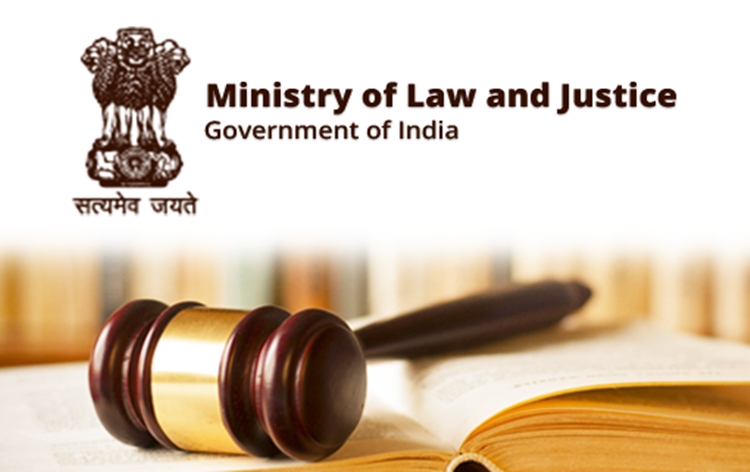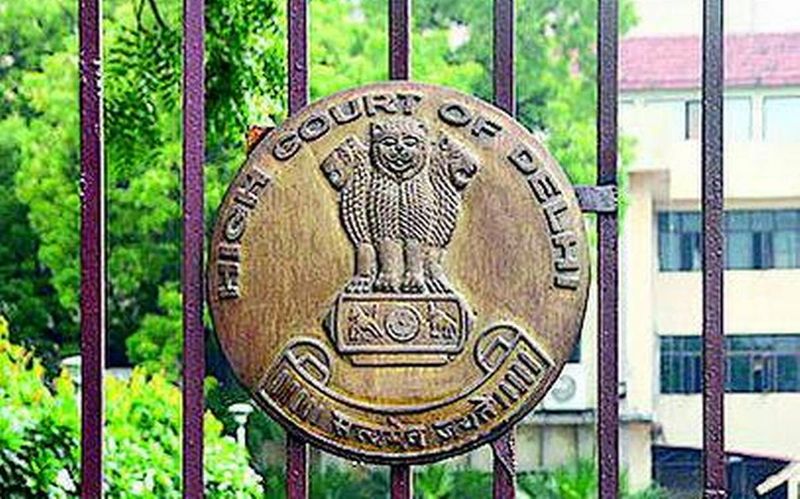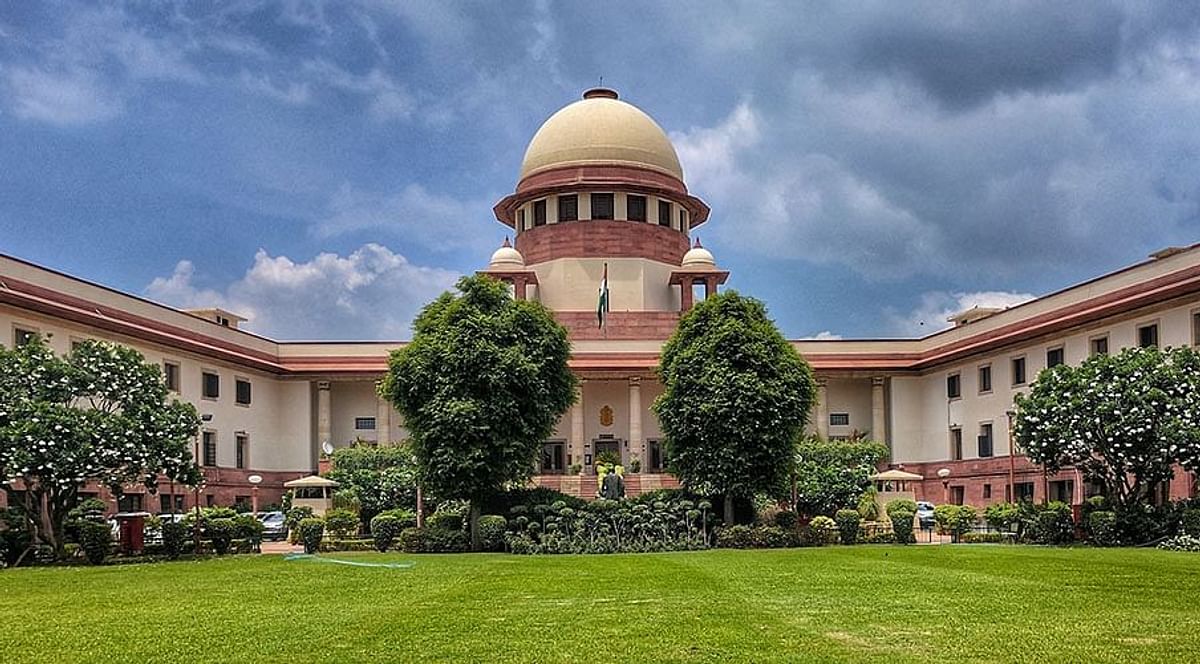India's top law ministers Dr. B.R. Ambedkar, Ashoke Sen, and H.R. Bhardwaj, span different periods in Indian history, their contributions to building an equitable society are interconnected by their dedication to justice, legal reforms, and upholding democratic principles. Despite the variations in their approaches and the challenges they faced, these leaders left a lasting impact on India's legal and social landscape.
Dr. B.R. Ambedkar, often referred to as the "Architect of the Indian Constitution," was a towering figure in India's struggle for social justice and equality. As the principal architect of the Constitution, Ambedkar played a pivotal role in shaping India's legal framework to ensure equality, justice, and fundamental rights for all citizens. Born into a marginalized Dalit community, Ambedkar faced discrimination and social exclusion throughout his life, which deeply influenced his commitment to fighting against caste-based discrimination and inequality.
Ambedkar's contributions to building an equitable society are multifaceted and foundational. His tireless advocacy for the rights of marginalized communities, including Dalits, women, and religious minorities, is reflected in the Constitution's provisions safeguarding their rights and ensuring affirmative action through reservations in education and employment. Ambedkar's vision for a just and inclusive society was encapsulated in the Constitution's preamble, which enshrines the principles of justice, equality, liberty, and fraternity.
Furthermore, Ambedkar's efforts to reform Hindu personal laws, particularly through the Hindu Code Bill, aimed to address gender inequalities and establish equitable rights for women in matters of marriage, inheritance, and property. Despite facing opposition from conservative factions within Indian society, Ambedkar remained steadfast in his commitment to legal reforms that would advance social justice and equality.
Ashoke Kumar Sen, a distinguished legal luminary and former Law Minister of India, also made significant contributions to promoting an equitable society through legal reforms and advocacy for human rights. Serving as Law Minister during the tumultuous period of the 1970s and 1980s, Sen played a crucial role in upholding the rule of law and defending democratic principles amidst political upheavals and challenges to civil liberties.
Sen's tenure as Law Minister was marked by his efforts to strengthen India's legal institutions, enhance access to justice, and safeguard fundamental rights. He championed the cause of judicial independence and integrity, advocating for reforms to ensure the judiciary's autonomy and effectiveness in upholding the rule of law. Sen's commitment to human rights was evident in his support for legislative measures to protect the rights of marginalized communities, including tribal populations and minorities.
Moreover, Sen's role in advancing legal education and legal aid initiatives contributed to empowering marginalized and underprivileged sections of society by enhancing their legal awareness and access to justice. His advocacy for legal reforms aimed at protecting the rights of women, children, and vulnerable groups reflected his commitment to building a more equitable and just society.
H.R. Bhardwaj, another prominent legal figure and former Law Minister of India, continued the legacy of his predecessors in promoting an equitable society through legal reforms and upholding constitutional values. Serving as Law Minister during the early 2000s, Bhardwaj faced the challenge of balancing the imperatives of governance with the need to uphold the rule of law and protect civil liberties.
Bhardwaj's tenure as Law Minister was characterized by his efforts to strengthen legal institutions, streamline judicial processes, and enhance access to justice for all citizens. He played a key role in advocating for judicial reforms to address the backlog of cases and improve the efficiency of the judiciary in delivering timely justice. Bhardwaj's commitment to upholding constitutional principles and the rule of law was evident in his efforts to safeguard the independence of the judiciary and protect the rights of citizens.
Furthermore, Bhardwaj's initiatives to promote legal literacy and awareness among marginalized communities contributed to empowering them with knowledge of their rights and entitlements under the law. His advocacy for legal aid and support services aimed at bridging the gap between the marginalized and the legal system, thereby ensuring greater equity and access to justice for all sections of society.
The similarities between India's top law ministers, namely Dr. B.R. Ambedkar, Ashoke Kumar Sen, and H.R. Bhardwaj, lie in their shared commitment to promoting an equitable society through legal reforms, upholding constitutional values, and defending the rights of marginalized communities. Despite the differences in their respective periods and contexts, these leaders left a lasting legacy of advancing social justice, equality, and the rule of law in India. Their contributions continue to inspire and guide efforts toward building a more inclusive and just society for all citizens.
The law ministry must advocate for technological integration in the judiciary to accelerate court proceedings. The combination of AI and technology can streamline legal processes, minimize backlog, and improve efficiency through automation and data analysis. This integration, alongside human interaction, is crucial for a transparent and expedited justice system, honoring the visionaries' aspirations for a modernized judicial framework. It will be a true tribute to Dr. B.R. Ambedkar, Ashoke Sen, and H.R. Bhardwaj respectively.








 OpinionExpress.In
OpinionExpress.In















Comments (0)